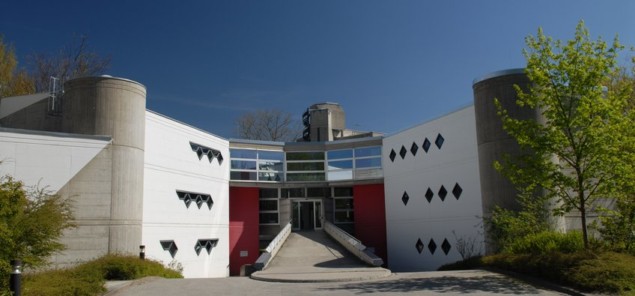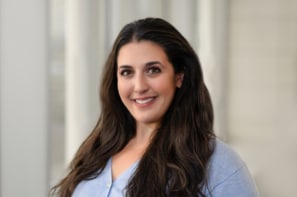
The Max Planck Society, one of Germany’s leading science research organisations, aims to improve the way it deals with reports of misconduct following allegations of bullying at the Max Planck Institute for Astrophysics (MPA) in Garching, Germany. Martin Stratmann, president of the Max Planck Society, says that cases of misconduct at the MPA should have been “addressed more effectively” and that the society will now look to improve how staff and students can report such cases. Victims at the MPA are also being encouraged to report any cases of bullying or sexual misconduct to an independent law firm that has been commissioned by the society.
While it has been rumoured for several years that bullying may have gone on at the MPA, it only came to light in February when such allegations were reported by the German news magazine Der Spiegel. The magazine quoted anonymous sources who accused an unnamed female professor at a “Max Planck institute in Bavaria” of bullying. In late June, BuzzFeed then identified MPA as the institute and astrophysicist Guinevere Kauffmann – an MPA director — as the previously unnamed female professor accused of bullying.
There is a general feeling that we are heading in the right direction
Hannelore Hämmerle
In a statement, the Max Planck Society admitted that it had been made aware of the bullying complaints at the MPA in 2016 and at the time “took immediate action by ensuring that the director concerned would receive professional coaching in her day-to-day work (which is still the case today)”. The society adds that “any form of bullying is contrary to the principles of the Max Planck Society” and that it takes the allegations seriously.
Making improvements
Kauffmann did not want to be interviewed for Physics World, but through Hannelore Hämmerle – a press officer at the MPA – Kauffmann confirmed that the statements she gave to Nature earlier this month were accurately reported. Speaking to Nature, Kauffmann said she was “not a racist”. “I am very interested in cultural differences between people and I regret very much that my comments have been taken out of context and distorted,” she said. “Regarding ‘bullying’ — I am of the generation that was subjected to very high-pressure supervision. I realize that this has now become unacceptable. I believe I have modified my behaviour very substantially in the last 18 months since the complaints were made.” Urgent reform needed to tackle sexual misconduct in science
Hämmerle told Physics World that Kauffmann has apologised to her group and the institute. “There is a general feeling that we are heading in the right direction,” adds Hämmerle. In May, the MPA carried out an anonymous survey of postdocs at the institute as well as Masters and PhD students “to gain more transparency” about the student-supervisor relationship at the institute. Of the 115 researchers contacted, 61 responded, with 84% of those “satisfied” or “very satisfied” with their supervisors at the MPA. Three respondents reported bullying and two respondents reported being sexually harassed.
In a recent interview with the Frankfurter Allgemeine, a German newspaper, Stratmann notes that the complaints in 2016 about bullying should have been addressed more effectively. “We have seen through the Garching incident that our complaint structure is not optimal,” he says. “I have to concede that, and for this reason we will improve it.”Part of that process now includes an external law firm hearing complaints from MPA staff members who feel they have been bullied or sexual harassed. Hämmerle says that staff members can remain anonymous and that any reports of misconduct will then be forwarded to the Max Planck Society for review and potential action.



